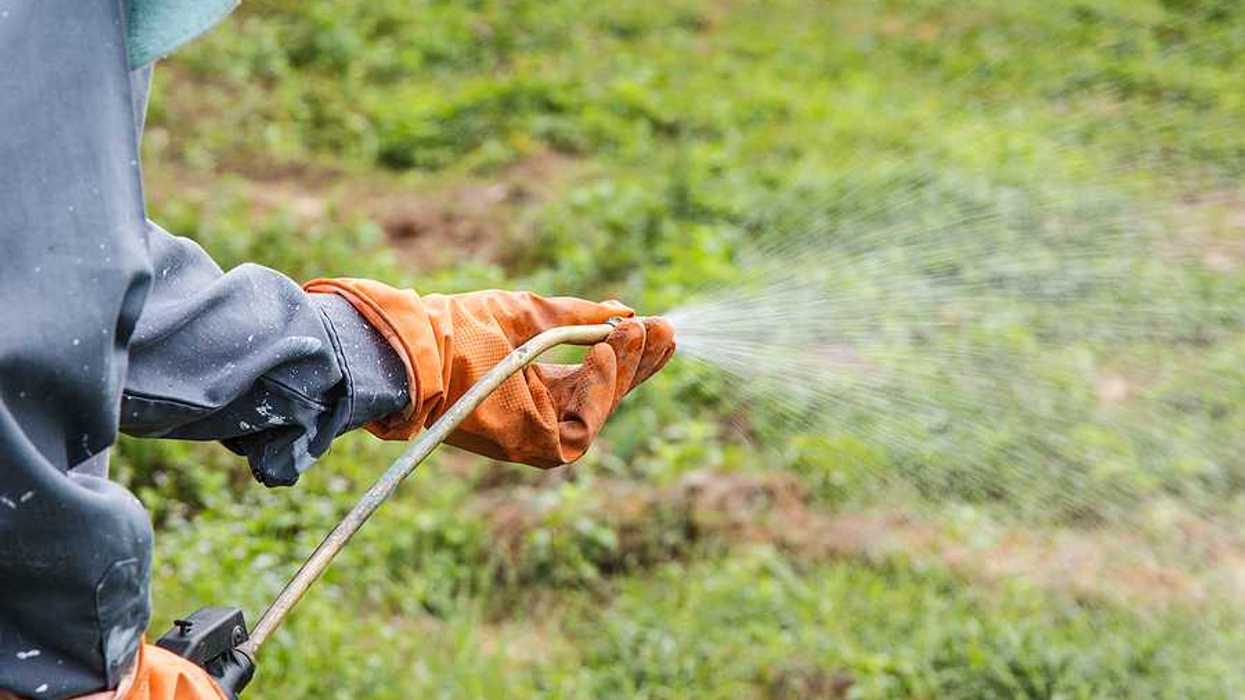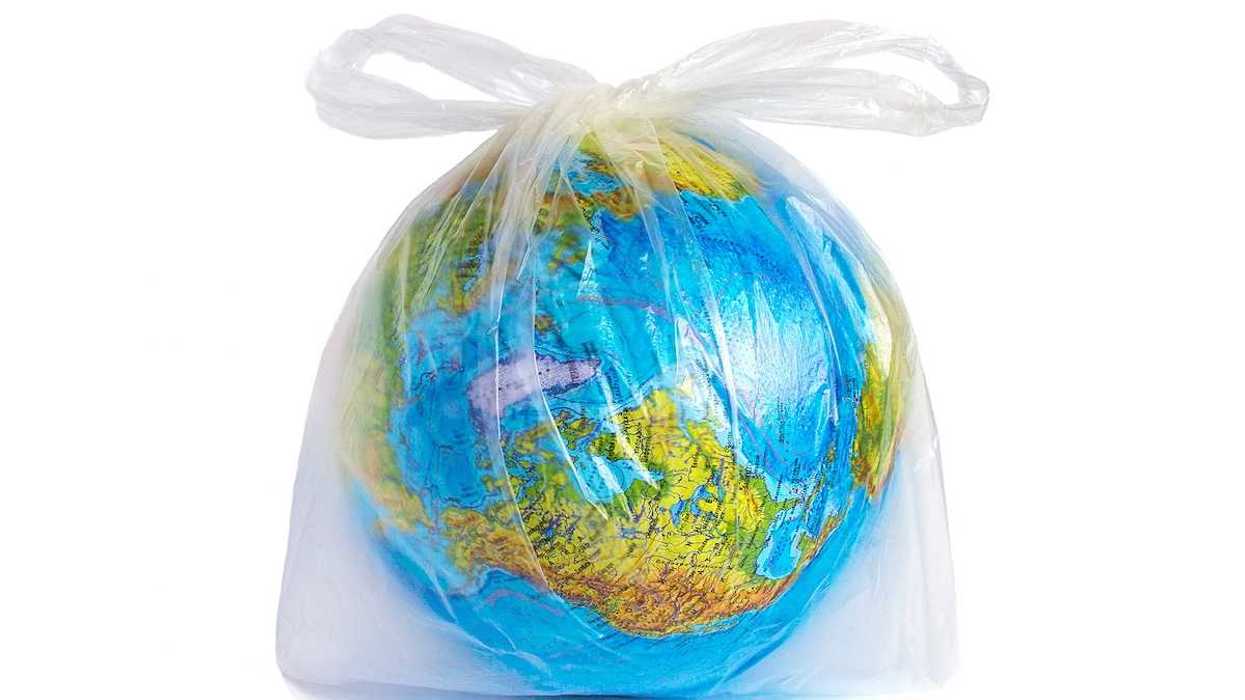In a study revealing regulatory gaps, researchers found that pesticides impact insect behavior and survival at non-lethal doses, especially in warmer temperatures, calling into question the effectiveness of current pesticide safety protocols.
Dave Goulson writes for The Conversation.
In short:
- Research shows that pesticide regulations, even the EU’s rigorous system, overlook "sublethal" effects that impair insect behavior and immunity without immediate fatality.
- Many non-insecticidal chemicals, including herbicides and fungicides, harm insects long after exposure, and these impacts intensify with higher temperatures, underscoring risks in a warming climate.
- Despite available protocols to assess these broader effects, resistance from the pesticide industry has stalled implementation, leaving ecosystems vulnerable to toxic landscapes.
Key quote:
“The effects of dosing whole landscapes with chemicals have been largely ignored by regulatory systems.”
— Ian Boyd, chief scientist, UK Department for Environment, Food and Rural Affairs
Why this matters:
Weak pesticide regulations create a landscape where ecosystems are slowly sickened by chemicals we assume are harmless. In the thickening heat of a warming climate, pesticides—especially non-insecticidal ones like herbicides and fungicides—end up hitting harder, diminishing insect immunity and pushing species toward collapse, even if they’re technically “safe” under standard regulations. Read more: Bayer’s new Roundup products more toxic than prior formulations, report asserts.














